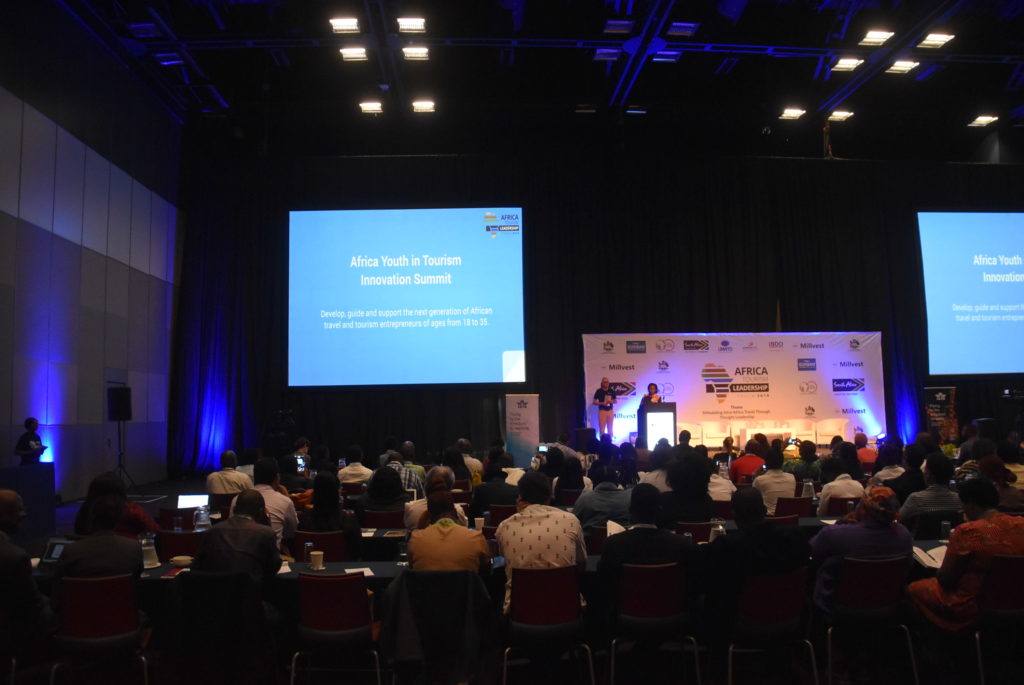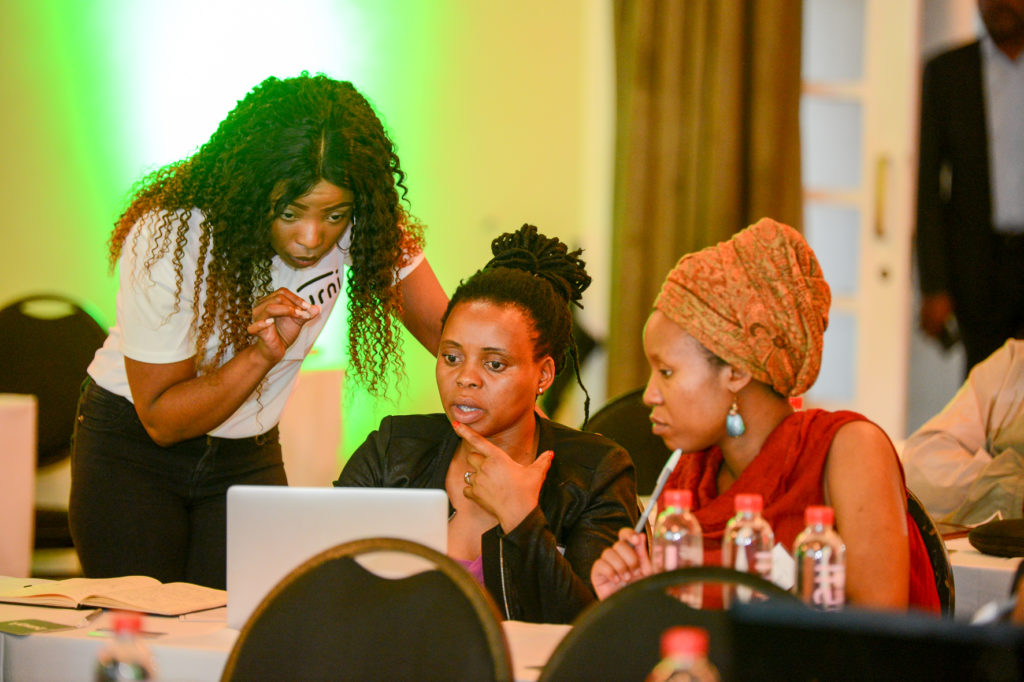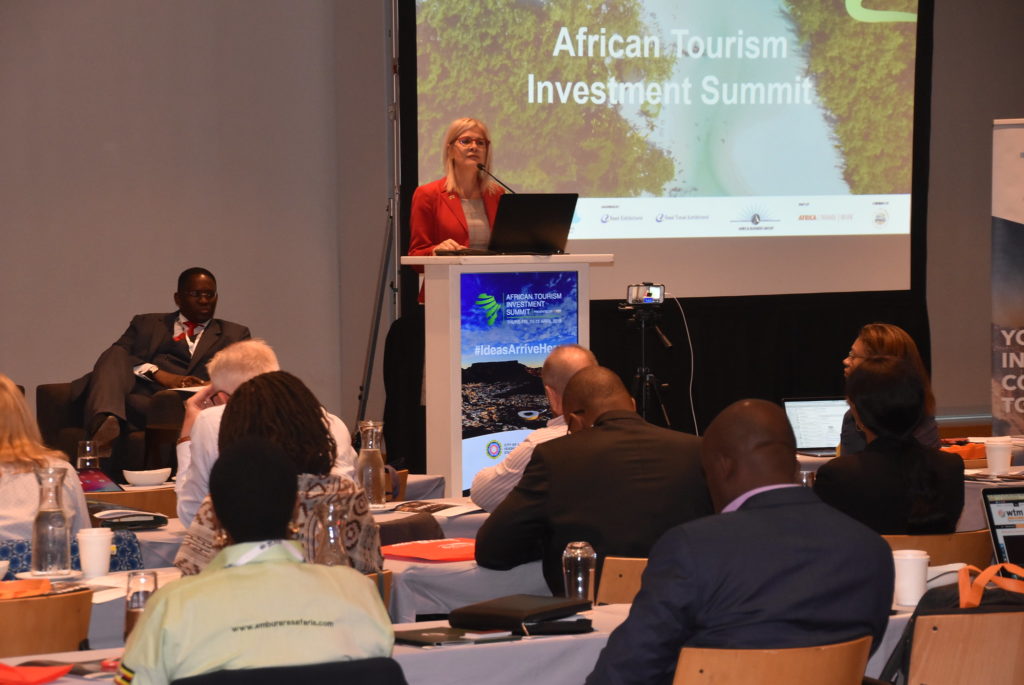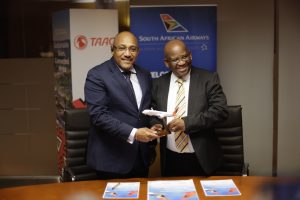This past week I had the honour of participating in an Africa World Heritage Day (May 5th) online celebratory seminar organized by the UNESCO and African Union supported African World Heritage Fund. The theme for the afternoon discussion was Youth, Entrepreneurship and Heritage Sustainability in Africa and the subject that I was asked to speak about specifically was “How to Ensure Sustainable Business at and around Heritage Sites.
While the focus of my remarks was targeted to the heritage and sustainable tourism community, as I reflected on it, in this “living with COVID-19-and-global-travel-constrained environment” the message may be relevant for all in the broader African tourism sector. So that colleagues might easily recall my message, I framed it in a way that I thought would be memorable, easy to understand, and yet have the impact I hoped that it would – which was to call heritage stakeholders to action.
Quite simply I encourage attendees to L.E.A.D.2! In this new normal environment, there are five key areas of focus that can make a significant difference in the near and mid-term health of the African tourism sector.
1)DEEPEN LOCAL ENGAGEMENT

The African tourism industry has for some time seemed to focus its marketing attention on attracting tourists from beyond each country’s borders. Domestic tourism was a nice to have but not much effort was put on encouraging local holidays, building a MICE sector based on local and government meetings and exhibitions and showcasing local destinations in media and film. The COVID-19 pandemic has created a great opportunity for the continental tourism sector to engage more actively with local stakeholders in the private sector, with government, locally active development partners, stakeholders involved with the creative industries, media and the arts, and the national sports communities. Part of this effort would also be focused on identifying local tourism sector investment pools to support growth and development of the sector, based upon increased local demand.
2)IMPROVE EDUCATIONAL LINKAGES
Another area of focus poised for strengthened engagement is with academic institutions on the continent. Engaging school districts and ministries of education to facilitate learning journeys for students in grades Kindergarten – 12 to visit national heritage sites and landmarks has the dual benefit of improving local knowledge about historic events and places in the life of the nation and supporting the tourism sector at the same time. Additionally, engaging with institutions of higher education would also be valuable to encourage increased research and focus on national history, historic figures in the country, and about cultural heritage and indigenous offerings that can be studied, presented and disseminated nationally and to the broader continent and beyond.
3)REDOUBLE FOCUS ON AFRICAN TOURISTS
Historically the focus of tourism in Africa has seemed to disproportionately focus on encouraging visitors from long haul markets to come an explore the flora and fauna of “exotic” Africa. Far less effort has been made at promoting Africa to prospective tourists from neighboring countries and/ or from within the continent. Travelers across the continent will agree that the continent (and this is true even within regions) is not monolithic and while there are indeed similarities in various markets, each country has its own uniqueness that could be promoted – even to neighbors.

Thus, there is a great opportunity today to increased local and regional tourism and to promote local destinations, venues, and to create incentives, and awards that showcase national tourism offerings to national, regional and continental tourists. At the national level, a model that has yielded significant results is South Africa’s long running Sho’t Left campaign which was started in 2004 under the slogan “It’s Your Country . . . Enjoy It!” The African Union should borrow the idea and paraphrase a new slogan – “It’s Your Continent . . .Enjoy it!”
4) DEVELOP DIGITAL PLATFORMS AND MARKETING CAMPAIGNS/ PURSUE STRONGER TIES WITH THE AFRICAN DIASPORA

Perhaps the biggest beneficiaries of the COVID -19 pandemic have been the providers of digital platforms like zoom, skype, webex, Microsoft teamworks, and WhatsApp as the world has adopted new communications protocols amidst the need to social distance.
In the tourism space, with restricted travel, domestically and internationally, the focus has shifted to encouraging past and prospective travellers to stay home and be safe for now – and plan a visit for a future date . . . hopefully not too far away. Those that are best able to present this message are those who have the ability to produce aesthetically pleasing multi-media campaigns.

Producing videos, virtual tours, and documentaries are but some of the ways that African nations can continue to promote their touristic destinations and to market their offerings to ensure that they are recalled as attractive travel destinations when the world begins to travel again.
While some nations had already begun to target diaspora tourists (Ghana perhaps most prominently is in this category), there are multiple reasons why African nations should consider redoubling efforts to engage with the African diaspora to visit the continent and also to invest in tourism opportunities. The first of which is the fact that there is some predisposition to travel to the continent to see family and friends and thus this community of travellers can be encouraged to extend their stay and or visit destinations they might not have considered when visit the continent.
Also, as remittances from the diaspora in 2019 were nearly equal to overseas development assistance and greater than foreign direct investment, tourism stakeholders would do well to consider the development of tourism bonds and tourism crowd funding platforms that target diasporans as a source of investment capital for the industry.
The tourism industry in Africa is in a difficult period and no one knows exactly how long it will last. However, as Africa has been comparatively less impacted (in terms of infections on the continent) and given the fact that the overall population is still projected to double by 2050, pursuing efforts to L.E.A.D. represents a pragmatic and potentially (medium and long term) beneficial program of action for the African tourism community to consider. Let’s bid all Bon chance, so we can soon again shout “Bon Voyage”!
Author: Michael Sudarkasa, CEO, Africa Business Group







